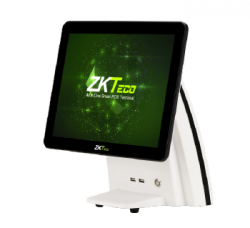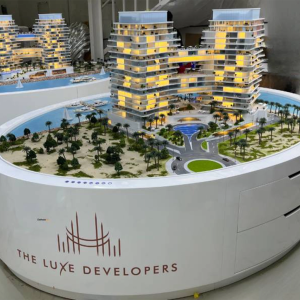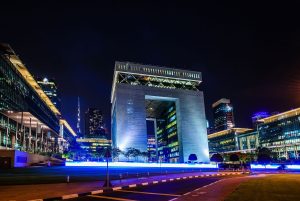
Investing in a POS system is a significant decision for any business, and understanding the associated costs is essential for budgeting effectively. The total cost of a POS system can vary widely based on several factors, including the supplier, system features, and payment processing options. Here’s a breakdown of the key costs associated with POS machine suppliers in Dubai to help you make an informed decision.
Initial hardware costs:
The first major cost associated with a POS system is the hardware itself. This includes important components such as the POS terminal, touchscreen monitor, barcode scanner, receipt printer, and cash drawer. Depending on the supplier and the complexity of the system, initial hardware costs can range from a few hundred to several thousand dollars. It’s good to assess your specific needs to determine which hardware components are necessary for your business.
Software expenses:
Alongside hardware, software costs are another significant factor. POS systems can be purchased outright or offered through a subscription model. One-time software purchases may have higher upfront costs, while subscription-based services typically charge a monthly fee. The software cost may also vary depending on the features you require, such as inventory management, customer relationship management (CRM), and reporting capabilities. Ensure you understand the pricing structure and any upgrades or additional features that may incur extra costs.
Payment processing fees:
Payment processing fees are a key ongoing expense to consider. POS suppliers often charge transaction fees for processing credit and debit card payments, which can range from 1.5% to 3.5% per transaction, plus a flat fee per transaction (e.g., $0.20). It’s essential to compare processing fees between different suppliers, as they can significantly impact your overall expenses. Additionally, consider whether the supplier offers transparent pricing with no hidden fees, ensuring that you understand the full cost of processing payments.
Maintenance and support costs:
Ongoing maintenance and support are important for keeping your POS system running smoothly. Some suppliers include basic support as part of the package, while others may charge additional fees for technical support or software updates. Assess the level of support you require and inquire about any maintenance costs associated with the system. Investing in a supplier that offers inclusive support can help mitigate issues and reduce downtime.
Additional expenses:
Beyond the primary costs, there may be other expenses associated with your POS system. These can include installation fees, employee training costs, and integration with existing software. If you plan to expand your system in the future, consider costs for additional terminals or features. Understanding these expenses upfront can help you avoid surprises down the line.







